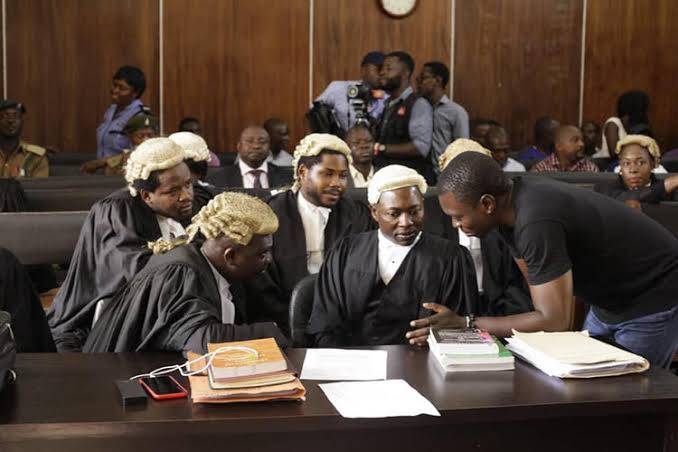Major Win For Local Governance As Appeal Court Strikes Down Rivers LG Election Judgment
The Court of Appeal has overturned a prior judgment nullifying the outcome of the Rivers State local government elections, delivering a significant verdict that upholds the electoral process in the state. The decision has brought clarity to a contentious issue, reaffirming the legitimacy of the elected council officials while highlighting the complexities of Nigeria’s legal and electoral systems.
The Rivers State local government elections, which were conducted under the supervision of the State Independent Electoral Commission, had faced legal challenges shortly after results were announced. Opposition parties and aggrieved candidates raised questions about the fairness of the process, alleging procedural irregularities and violations of electoral laws. The initial court ruling, which annulled the election results, sent shockwaves through the political landscape of the state, prompting widespread debates and uncertainty over the future of local governance.
However, the Court of Appeal has now ruled that the earlier judgment was flawed, citing procedural errors and a lack of substantial evidence to support the claims of irregularities. The appellate court emphasized the need for electoral disputes to be resolved based on clear legal standards and credible evidence, rather than speculation or political grievances. This ruling effectively reinstates the elected local government officials and restores stability to the councils, which are critical to grassroots governance and development in Rivers State.
Legal experts and political observers have noted that this verdict underscores the judiciary's role in safeguarding the democratic process. By nullifying the initial judgment, the Court of Appeal has reinforced the principle that elections, as a cornerstone of democracy, must be protected from undue interference or unfounded claims. The ruling also serves as a reminder to political actors and stakeholders of the importance of adhering to the rule of law when seeking redress for electoral grievances.
Reactions to the decision have been mixed. Supporters of the elected officials have hailed the verdict as a victory for democracy and a vindication of the electoral process. They argue that the elections were conducted in compliance with established guidelines and that the will of the people should be respected. On the other hand, critics of the ruling have expressed dissatisfaction, claiming that it undermines their efforts to ensure transparency and accountability in the electoral process.
The ruling has significant implications for Rivers State's political and administrative landscape. With the local government officials reinstated, attention is expected to shift back to governance and service delivery. Local councils play a pivotal role in addressing the needs of communities, and their effective functioning is crucial for the socio-economic development of the state. The verdict is therefore seen as a step toward stabilizing the local government structure and enabling it to fulfill its mandate.
While the Court of Appeal’s judgment brings an end to this particular legal battle, it also highlights the broader challenges facing Nigeria's electoral system. Issues such as voter confidence, transparency, and the adjudication of disputes remain central to the country’s democratic development. The ruling serves as a call to action for stakeholders to work collectively in strengthening the integrity of elections and ensuring that the will of the people is upheld at all levels of governance.




No comments yet
Be the first to share your thoughts!